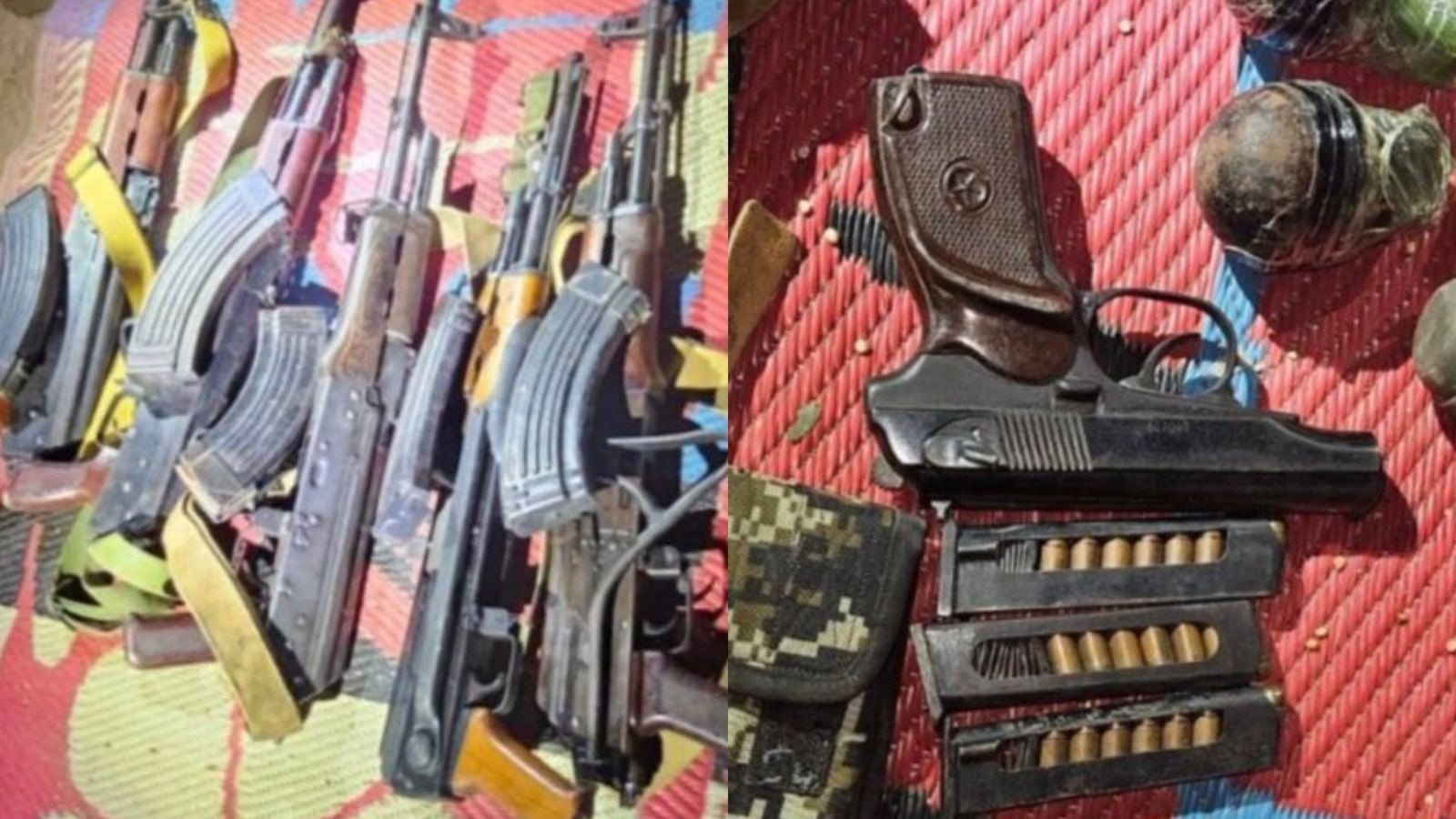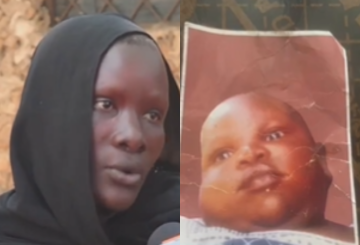By Kevin Mabonga
The United Nations defines “Human rights defender” as people who, individually or with others, act to promote or protect human rights peacefully. They qualify this definition with the aspect of actions that human rights defenders are identified by what they do.
This means many people, including journalists, lawyers, teachers, and police officers, could be human rights defenders. This definition, I believe, correctly captures who a human rights defender is.
Interestingly, many people have misconceptions about who a human rights defender is. People associate human rights defenders with professional human rights workers, which is not the case because, per the definition, the emphasis is on one’s actions.
I was recently involved in a project that aimed to demystify human rights and defenders in three counties in Kenya. Whenever we met participants, the first question was their understanding of human rights defenders. Most, if not all, participants misunderstood who a human rights defender is because what they do in their respective communities is considered human rights defence.
Read More
Take, for example, a sub-chief in Turkana County who walks from one household to another to ensure that all children of school-going age are actually in school. If they are not, he takes up the issue to ensure they are enrolled. Or consider teachers who, upon realizing that students in a particular region are increasingly abusing drugs, come together and organize sessions aimed at combating drug abuse. Or members of a community who mobilize others to clean a river and educate people about the dangers of cutting down trees without replanting—these are practical examples of human rights defense.
Why defend human rights?
In his "Letter from a Birmingham Jail,” Martin Luther King, Jr. says, "Injustice anywhere is a threat to justice everywhere.” If people are mistreated anywhere, you could also be mistreated. No one is free from injustice until there is justice for all people.
Human rights defenders address human rights concerns, for example, executions, torture, arbitrary arrest and detention, female genital mutilation, discrimination, and forced evictions. They also support human rights as diverse as the rights to life, food, and water, the highest attainable standard of health, adequate housing, education, freedom of movement, and non-discrimination. Some address the rights of categories of persons. For example, children’s rights, the rights of Indigenous persons, the rights of refugees and internally displaced persons.
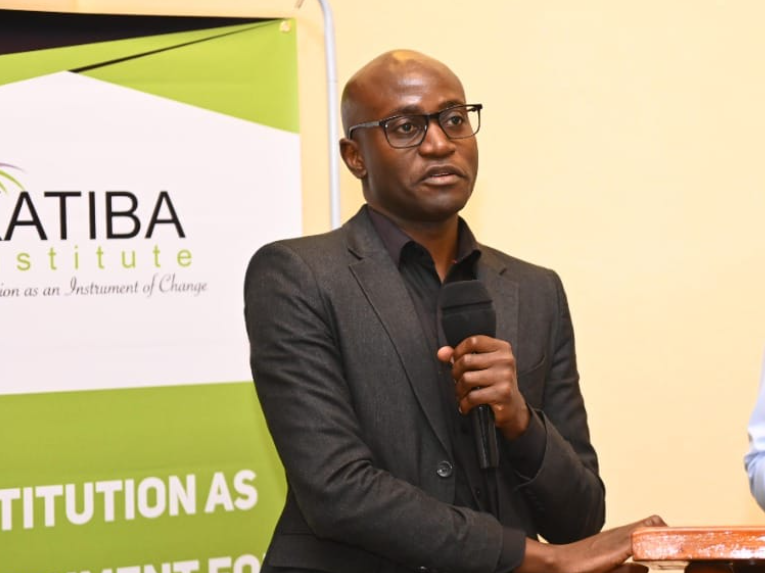
Some human rights defenders focus on encouraging a Government to fulfill its human rights obligations by publicising information on its record of implementing human rights standards and monitoring progress made. Others focus on good governance, advocating for democratisation and an end to corruption and the abuse of power, and training a population on how to vote and why their participation in elections is essential. So, by addressing these concerns, you play an important role in making society a better place for all.
The Constitution of Kenya protects human rights through the Bill of Rights, Chapter 4 of the Constitution. The Bill of Rights outlines the rights of Kenyans and how to enforce them. Further, Article 43 of the Constitution outlines socio-economic rights, which guarantee every person the right to access healthcare, adequate housing, food security, clean water, social security, and education, essentially encompassing the right to a decent standard of living.
Therefore, human rights defenders can be any person or group working to promote human rights. This can range from people in our local communities or towns to those of any gender, of varying ages, from any part of the world, and all sorts of professional or other backgrounds. They could be government officials, business entrepreneurs, or civil servants.
Based on your contribution to society, are you a human rights defender?
Kevin Mabonga is the Communications and Public Liaison Officer at Katiba Institute.
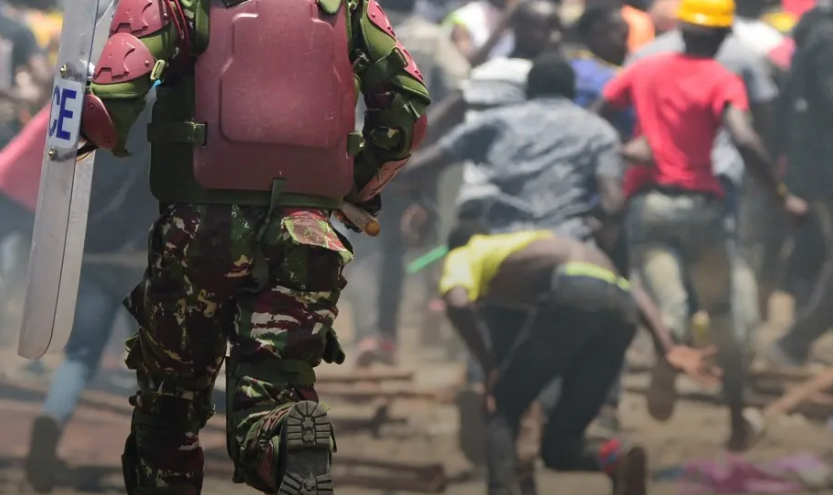
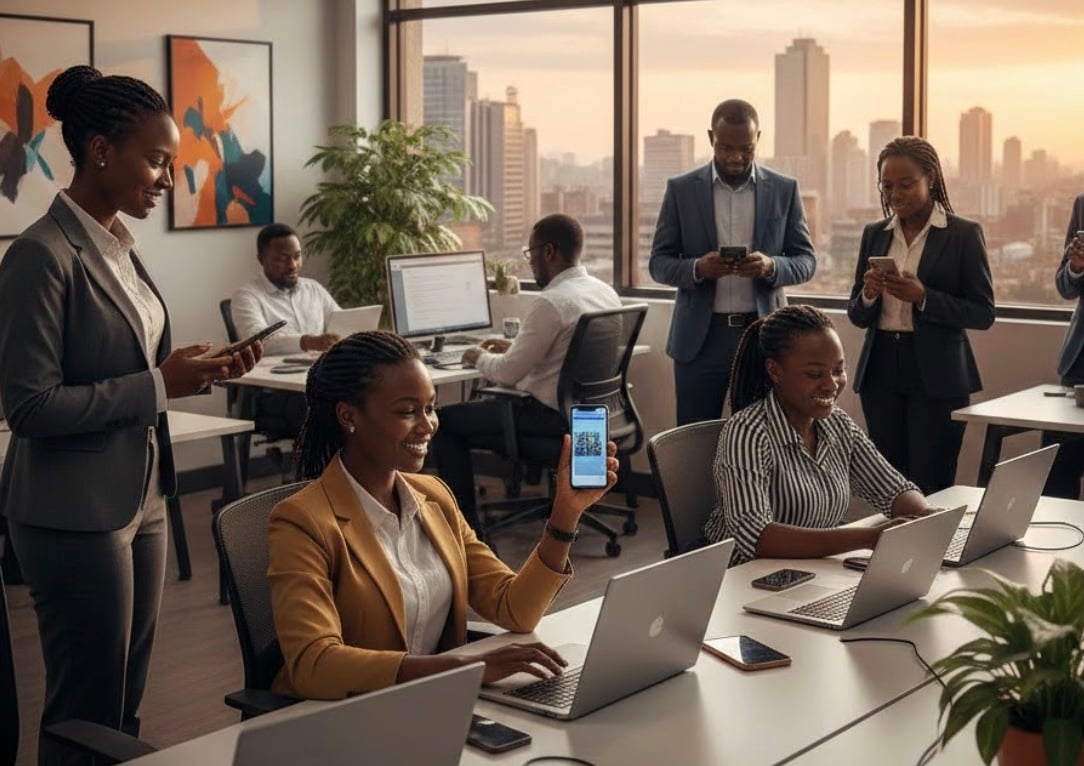
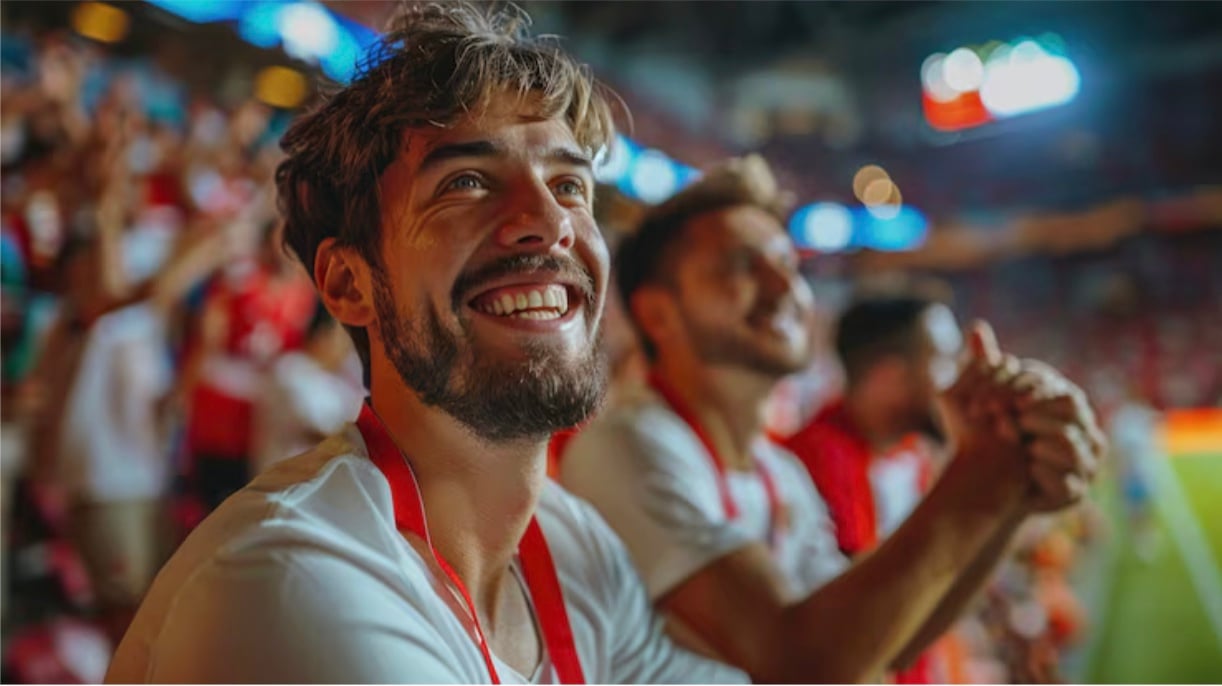
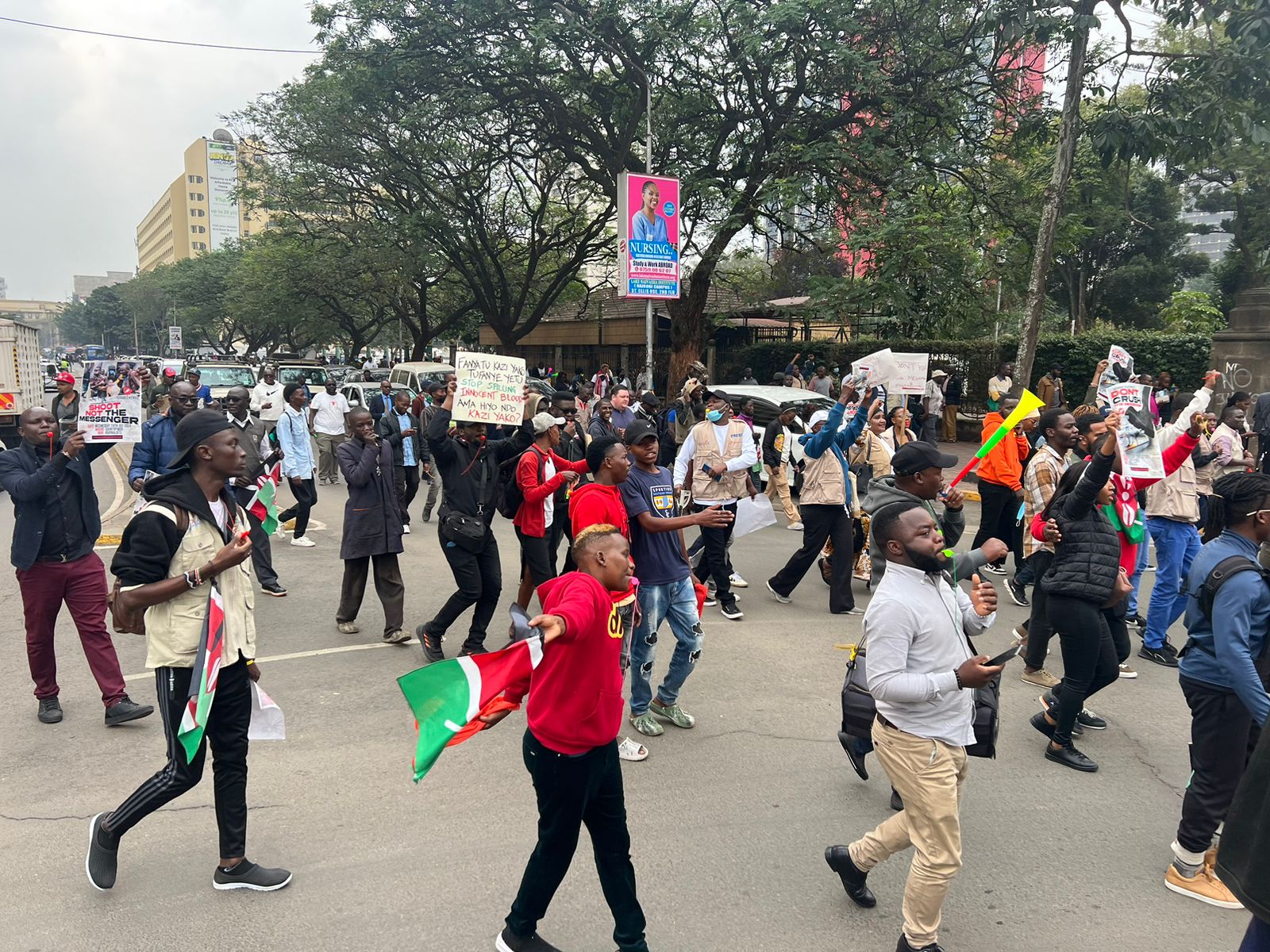
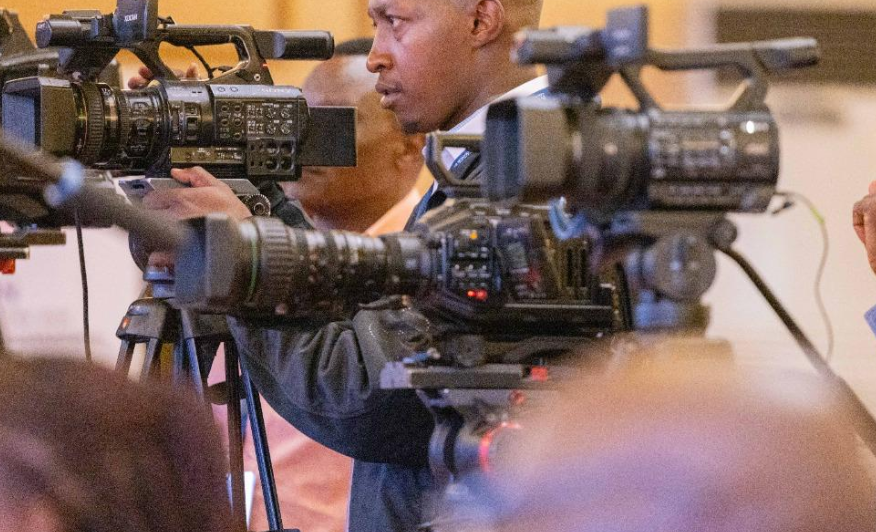
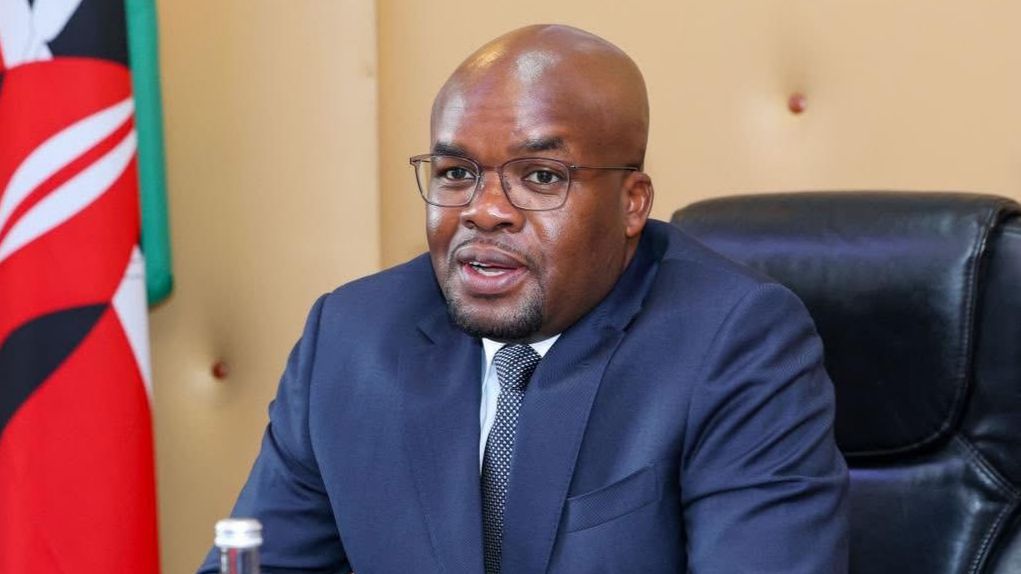
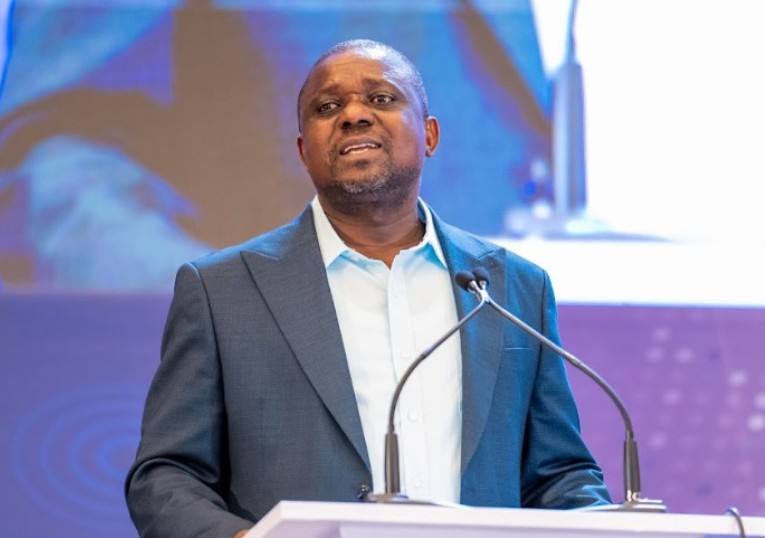
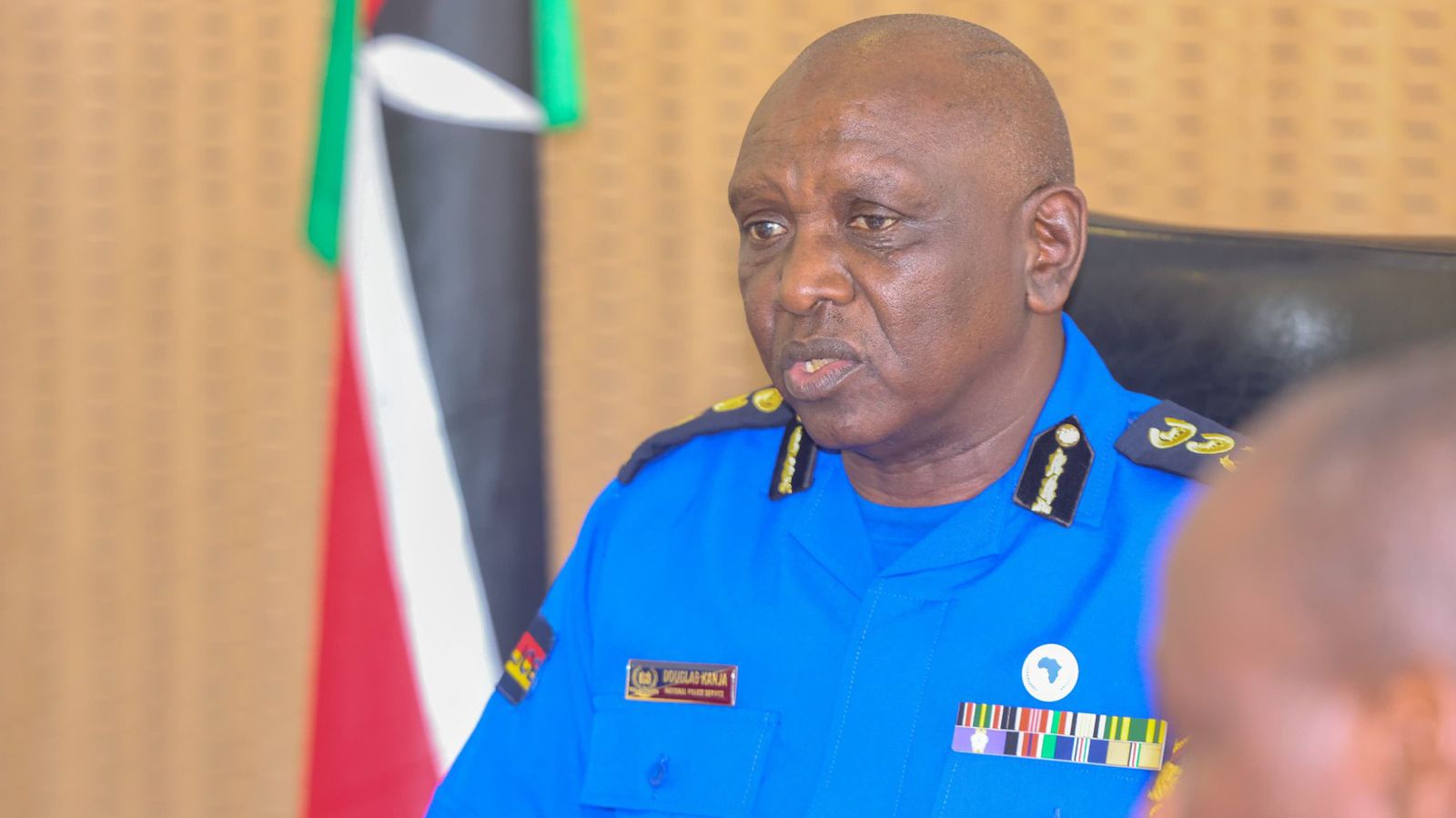
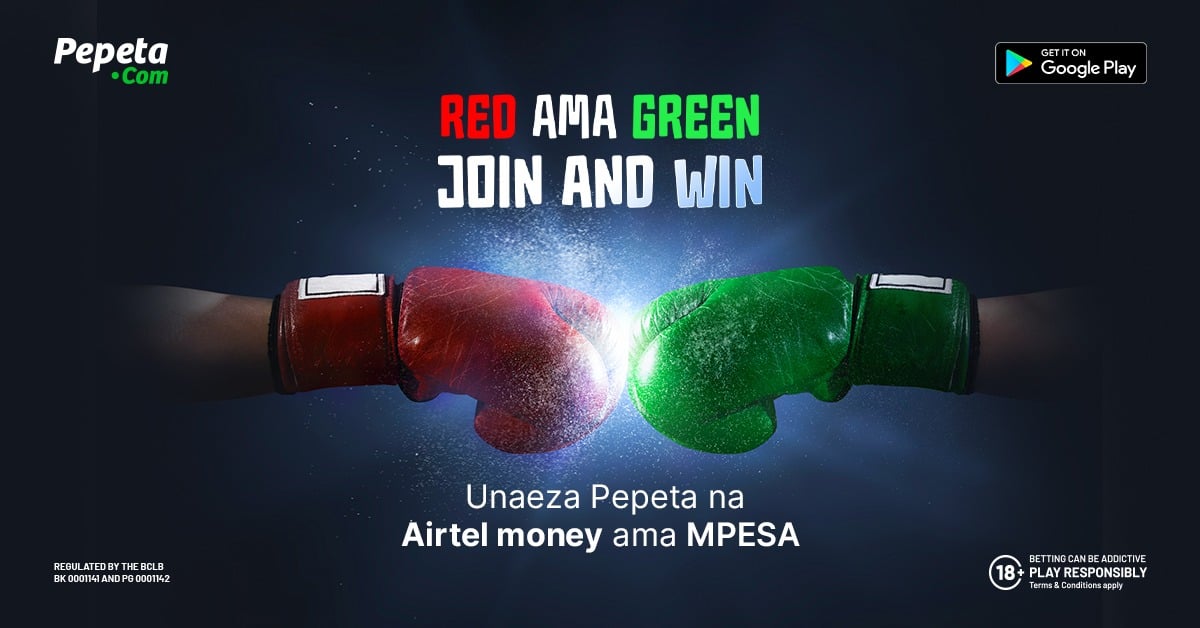
-1771426103.jpg)
